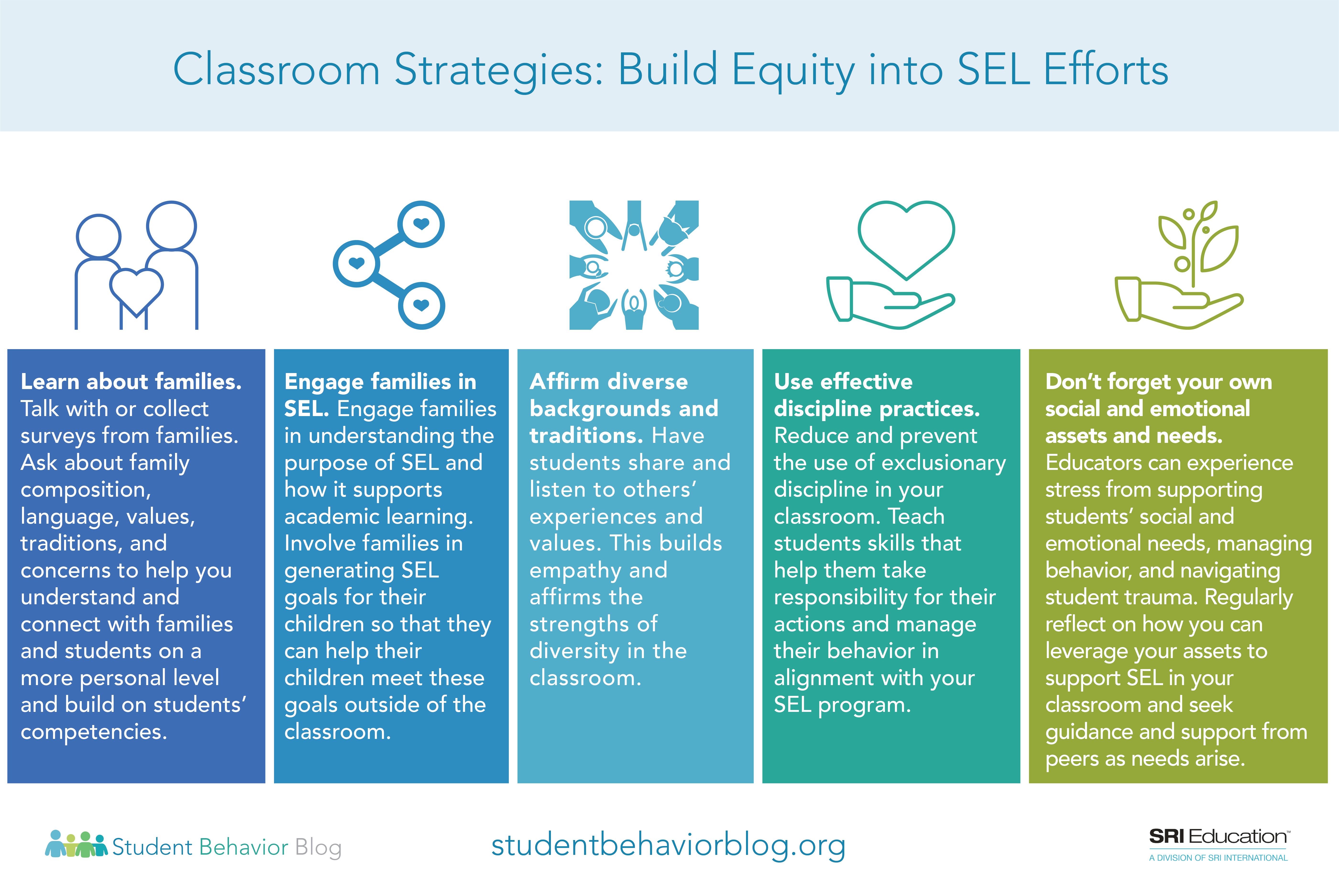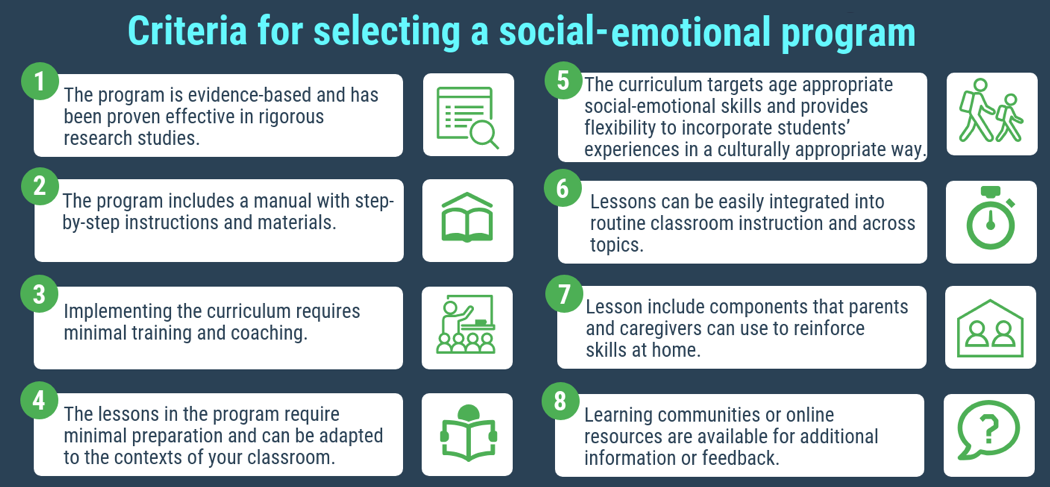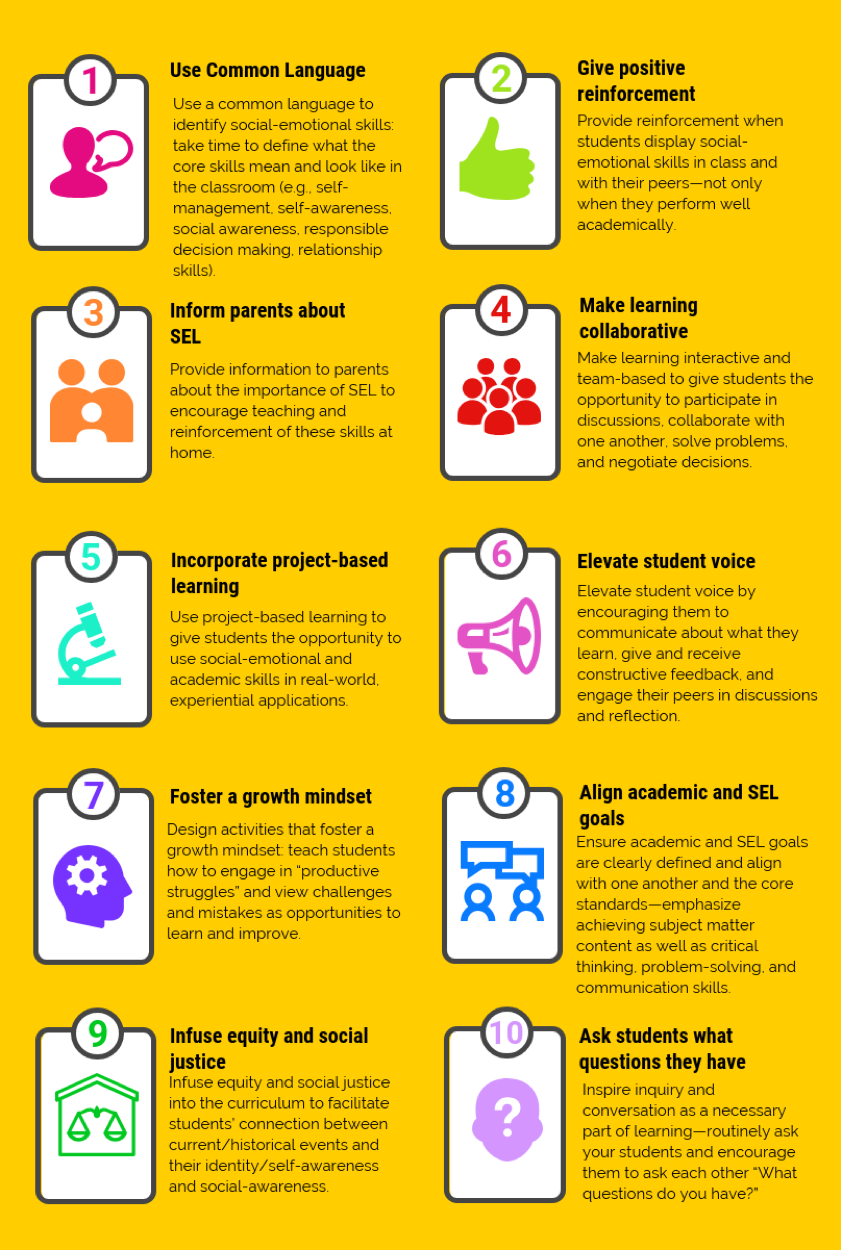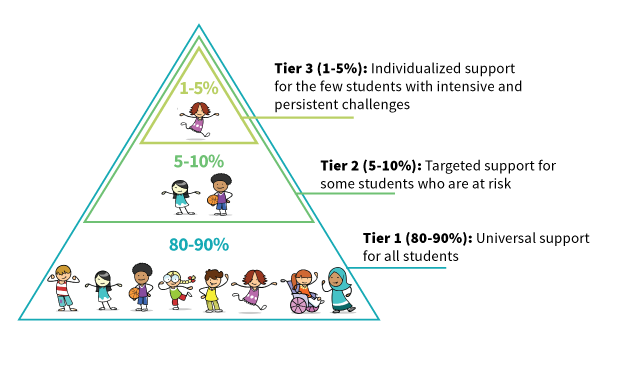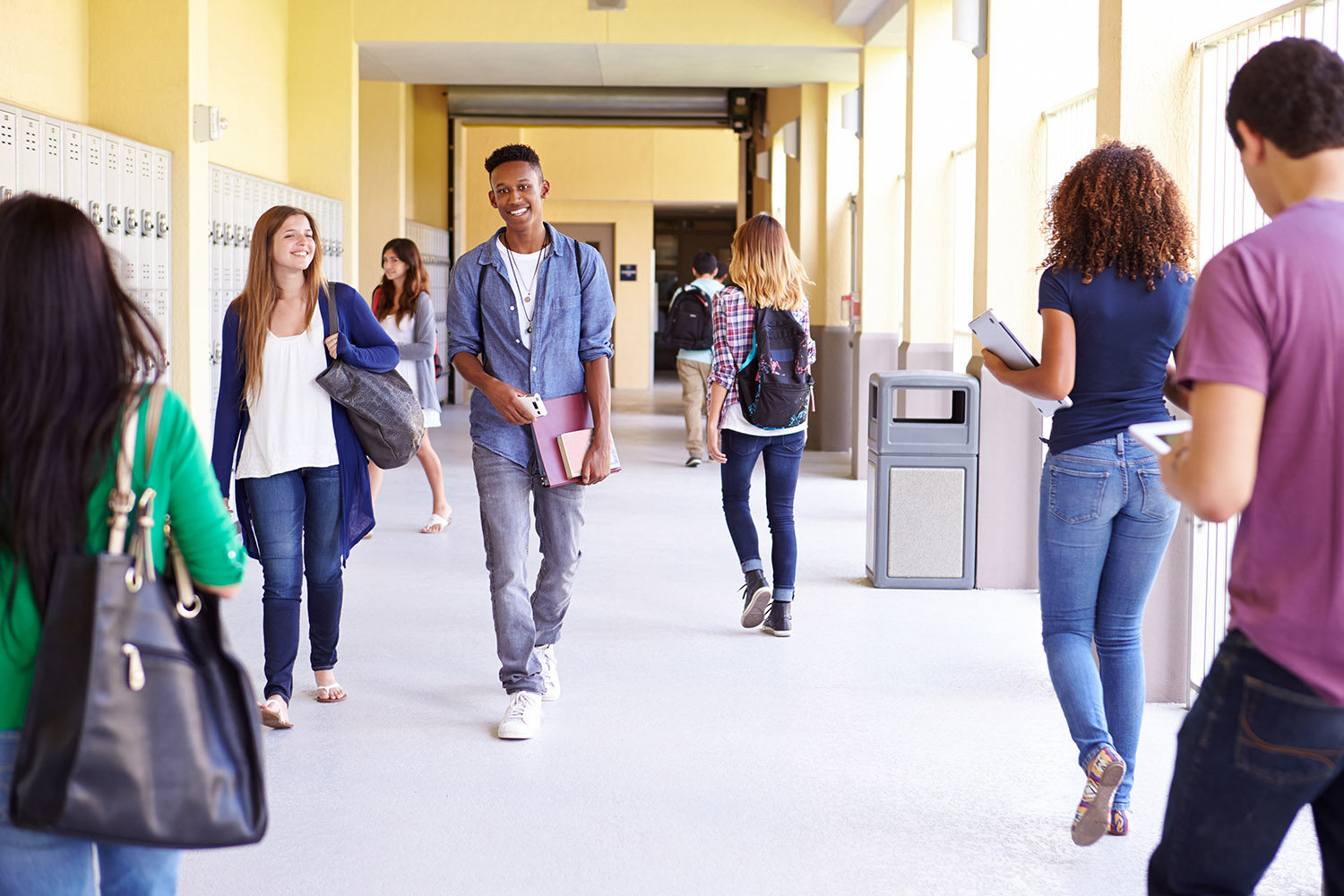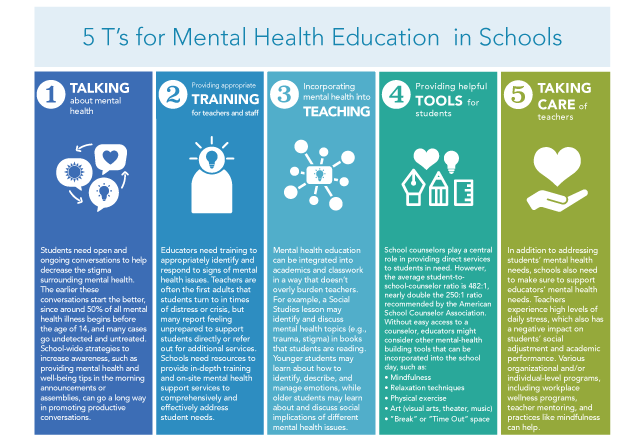Social-emotional learning (SEL) programs are more likely to be successful with all students when they are grounded in strategies that promote equity. Equity means ‘leveling the playing field’ and creating a culture where all students feel fully included, respected, represented, and valued. Here are a few strategies that start in the classroom. Content excerpted from … Continue reading Strategies for bringing an equity lens to SEL
Standalone SEL programs or curricula build students’ social-emotional skills separately from main instructional time. To implement standalone SEL programs, typically teachers or other qualified school staff members, such as counselors or school social workers, receive training in the curriculum and allot time during the school day to teach a series of lessons. Standalone SEL programs … Continue reading Criteria for selecting a social-emotional program
One approach to teaching social-emotional skills in the classroom is to integrate SEL into everyday academic instruction. Rather than teach social-emotional skills independently of academic skills, many teachers and administrators are trying to implement SEL throughout the school day. Here are several useful strategies identified in these resources that teachers can use to incorporate SEL … Continue reading Strategies for incorporating SEL into instruction
MTSS stands for multi-tiered systems of support. It is a framework to provide academic and behavioral supports for all students based on their individual needs. Because different students have different strengths and needs, tailored levels of support are more likely to help them succeed in school. Content excerpted from our blog post, Multi-tiered frameworks: Understanding … Continue reading Multi-Tiered Systems of Support pyramid
Acts of violence at school place pressure on educators and school leaders to better ensure the safety of their students. A comprehensive approach addresses school climate, student mental health programs, strategies to prevent violence, and physical security mechanisms. Our research has identified several promising practices to help keep students emotionally and physically safe at school.
We’ve identified 5 “T” strategies for states, districts, and schools to consider as their educators join the movement to promote and support student mental health: talking, training, teaching, tools, and taking care. Content excerpted from our blog post, How can we incorporate mental health education into schools? Consider the 5 T’s.
Given the ongoing debate about the value of screen time, many parents and educators are seeking research-supported best practices for using TV and videos to help support children’s learning and development. Look no further – we’ve summarized the research to give you 3 strategies for using videos to support SEL in children of any age
Mental health is a critical part of students’ overall health and well-being. Students today face a range of demands that can impact their mental health. From meeting high academic expectations to navigating the world of social media to maintaining relationships with their peers, students often have busy schedules that result in a lack of sleep … Continue reading How can we incorporate mental health education into schools? Consider the 5 T’s.
We expect teachers to handle a lot: create engaging learning experiences, differentiate instruction based on student needs, manage behavior, motivate students to learn, and tackle persistent gaps and inequities. More and more, teachers are meeting this challenge by embracing social-emotional learning (SEL), which can support academic learning, teach and reinforce positive behavior, motivate students to … Continue reading Want to build an equitable classroom? Start with social-emotional learning (SEL)
When you really want to focus on social-emotional learning (SEL): Selecting a standalone SEL program
Standalone social-emotional learning (SEL) programs are helpful tools for teachers who want to build students’ social-emotional skills in the classroom setting. However, it can be challenging to select an appropriate, practical, and effective classroom-wide curriculum that will work for all students. We have simplified the process to help teachers and other practitioners make a well-informed decision.

